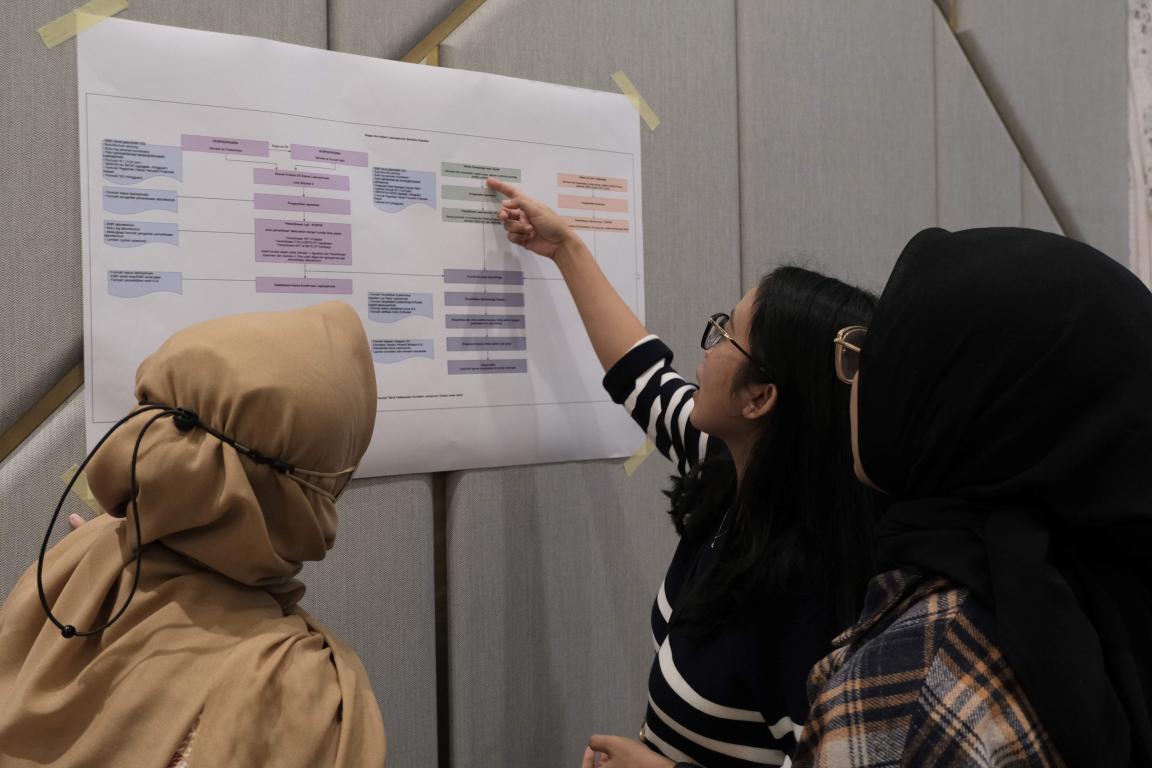
More than 75 percent of zoonotic infections (diseases infecting humans that originate from animals) are new infectious diseases with the potential to cause outbreaks and pandemics. This means that having accurate zoonotic infection data is critical to prepare for future epidemics. As Indonesia has a high risk for new infectious diseases with the potential to impact national health emergencies, CHISU is supporting the Government of Indonesia to improve the interoperability of its health information systems to better prepare for zoonotic and disease outbreaks.
CHISU partnered with the Ministry of Health's Center for Data and Information Technology (PUSDATIN) and Digital Transformation Office (DTO) to host a two-day workshop on Enhancing Surveillance Information Systems for Zoonotic Diseases in Jakarta. The workshop brought together units from the Ministry of Health, Directorate of Prevention and Control of Communicable Diseases (P2PM); Health Surveillance and Quarantine Working Unit and Zoonotics Working Unit, representatives from provincial and district health offices, health facilities, and implementing partners to gather input on data use and management practices, and identify implementation challenges. Participants identified data inaccuracy resulting from multiple data entries for the same case as a challenge. This is because Indonesia has multiple health information systems for priority diseases such as rabies, anthrax, leptospirosis and avian influenza but they are not interoperable—meaning the data cannot be exchanged across the different systems—leading to inaccuracies and inefficiency.
As a first step to address this challenge, participants mapped out the business processes and agreed on the variables to be used for priority zoonotic diseases, setting the stage for linking data to Indonesia’s interoperable health data exchange platform, SATUSEHAT. Following the workshop, CHISU will convene relevant stakeholders to establish standards for the priority variables used for SATUSEHAT connection. Once the data standardization is set, then all data will be shared from electronic medical records more efficiently to better detect, prevent, and respond to future outbreaks.
Other Recent News
A high-level delegation from USAID, CDC, PEPFAR, and the U.S. Department of State visited Haiti in October 2024 to learn about progress and challenges. Read more ›
CHISU advances cost-effective maternal and neonatal programming in Indonesia with data
CHISU Indonesia partners with the Ministry of Health to train staff on cost-effective analysis to improve resource allocation. Read more ›